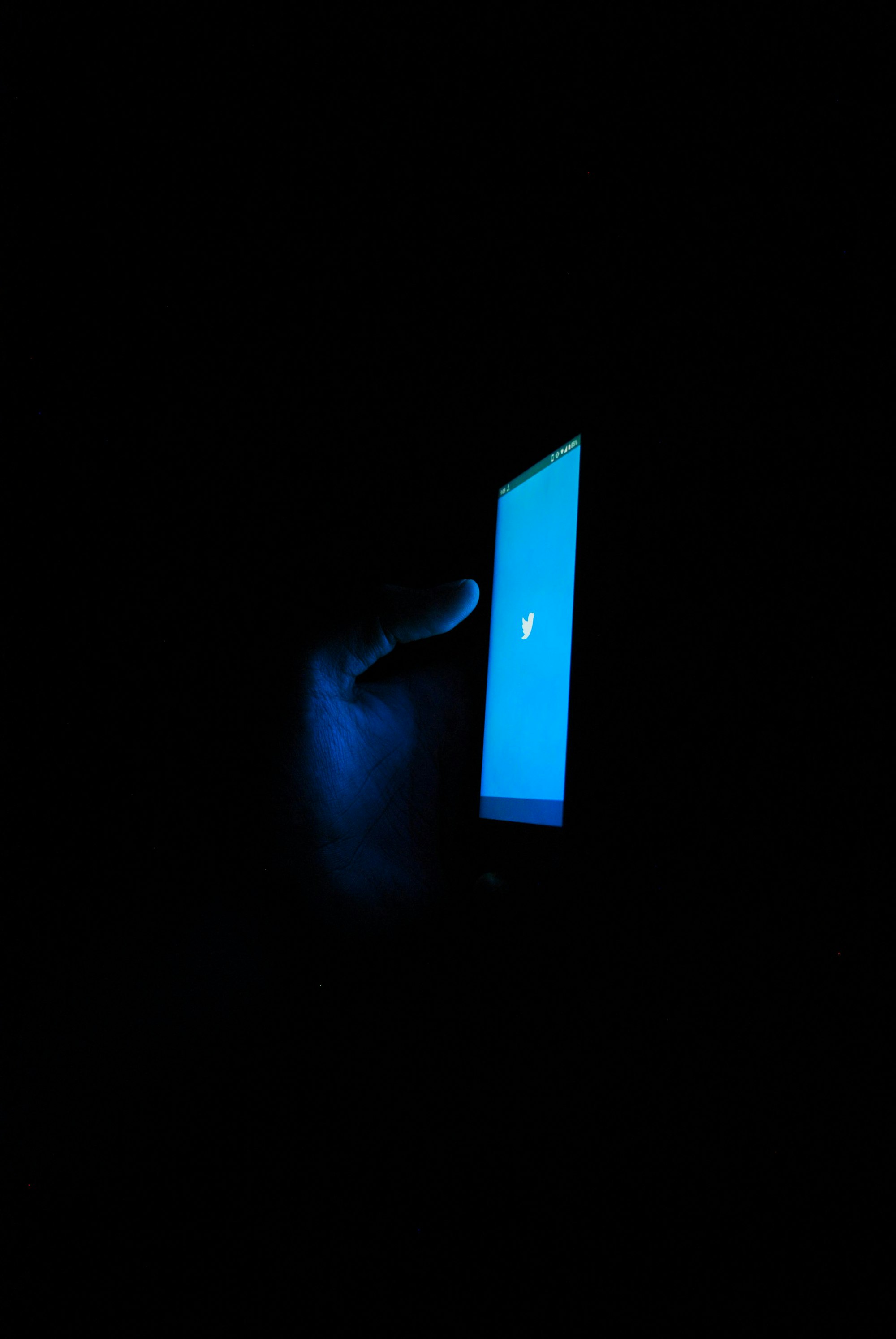The November US elections saw major gig economy companies like Uber, Lyft and food delivery service DoorDash win a landmark victory on labor law in the state of California, on their illegal classification of drivers as contractors. Named the most expensive initiative in the nation’s history, Proposition 22, the ballot measure that would exempt the companies from the state law on worker classification passed last year, achieved victory by a vote of 58%. This means that the companies do not need to classify their workers as employees, and can cast them as individual contractors instead, allowing them to be exempt from paying fees such as workers’ compensation.
If the state labor law on employment were to apply, Uber, Lyft and Doordash drivers would be able to unionise, have legal backup, receive minimum wage, healthcare and workers’ compensation. Instead, due to the victory, they will be referred to as independent contractors, and will receive the aforementioned limited benefits. The companies alleged that their drivers enjoy the freedom brought about by their classification as independent contractors, and want it to remain that way. What UC Berkeley found, on the other hand, was that the drivers were receiving 30% less than the minimum wage.
The gig economy companies spent 200 million dollars on campaigning for Proposition 22, hence why it is called the most expensive initiative in the nation’s history, which allowed them to evade increases in operating costs that they cannot afford. If Prop. 22 were to fail, and the state labor laws were to apply for gig economy companies, the companies would experience an estimated 20-40% increase in operations costs - which is why they spent so much money “buying” the new law. Another downside of the state laws for the companies was the issue of handling harassment cases. If drivers were to be classified as employees, gig companies would be on the hook for claims including harassment or discrimination, increasing costs in litigation and representation. Simply put, Uber and Lyft dodged a major financial bullet through their efforts of voting Prop. 22, and the companies’ stock value grew 20 billion dollars the week after the election.
Here is what Prop. 22 did: it carved out an exemption for app-based workers from a 2019 State Supreme Court legislation which said that workers who performed tasks within a company’s regular business must be treated as employees. This allows the companies to continue misclassifying them as independent contractors, exempting them from paying minimum wage. It promises completely undefined assistance with health care premiums and disability coverage for those injured on the job. What it fails to cover, however, is the time spent waiting for a ride or delivery, as the wage only covers the hours where actual rides or deliveries are taking place. According to a study, that makes up 37% of the time spent on the job, providing an underwhelming promise of reasonable wage pay. Prop. 22 formalises an entirely new category of employment for a class of workers that is overwhelmingly made up of people of color and immigrants.
However, there is a lot of controversy surrounding the topic, as workers claim that they were coerced to vote Yes to Proposition 22. The apps placed “Yes on 22” messages within their interfaces, where a screen pops up when drivers log on which compels them to commit to voting Yes on 22 before granting rides or deliveries. The companies even attempted to paint the campaign as a race issue, as they falsely stated that the BLM movement and other activist groups were supporting them in their campaign. This later turned out to be untrue.
The victory means one thing - there is new space for gig companies to remake labor laws throughout the country. The companies threatened to shut down operations or leave the state if it were to fail, and now that it has passed, it means that a new chapter in the book of labor law has been opened. Though the law in California is irreversible, it does not mean that the battle is over for companies such as Uber and Lyft. As the spokesperson for the campaign Geoff Vetter has said, “Prop. 22 represents the future of work in an increasingly technologically driven economy.” The cases that brought about Proposition 22 were opened up in May and August in the state of California, and have paved the way for similar legislation to be put in place across the US. Whether or not this is good law can only be decided once its effects start to be seen around the nation on the workers.
Now, the state attorney-general of Massachusetts is suing the companies for the same reason: worker classification. The case is unaffected by California’s decision, and will impact how the companies operate as it acts as a leader for the other 17 states that are considering how to regulate the gig economy. The fight at the moment will hinge on national legislation, as more and more states consider taking the same route as California.
What does this mean for the future of the gig economy? With the election of Joe Biden as President, we will see many more of these cases as the President-elect gives labor additional leverage. While under a Trump administration gig workers were classified as contractors, denying them the right to unionise, Biden takes a much more labor-favoring approach to the matter. He had opposed Prop 22 alongside Kamala Harris, and was in favor of Pro Act, a proposal that would make it harder for companies to misclassify workers as contractors. This may not be the first or last case on the matter, as the cases in Massachusetts and other concerned states will decide once and for all what workers in the gig economy should expect in the future.







